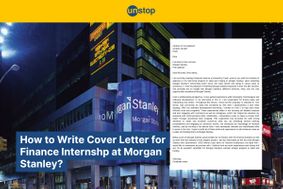During a job search, a resume is critical for creating your first impression. It showcases your professional skills, educational background, and achievements. However, adding a section on hobbies and interests adds a personal touch, it shows the recruiter who you are beyond work.
Hobbies reflect activities you regularly engage in for fun or relaxation, like painting, hiking, or baking. Interests, on the other hand, can be more broad and aspirational, things you’re curious about or learning, such as artificial intelligence, public speaking, or sustainable living.
Including interests and hobbies in resume can help:
- Highlight soft skills like creativity, leadership, and time management.
- Demonstrate your willingness to learn new things.
- Show your ability to balance work and life, which is valuable for well-being and productivity.
- Create conversation starters in interviews and help build rapport.
- Reveal your cultural fit with the organization’s values or team dynamics.
Recruiters want to hire people who have a vast range of interests and hobbies. Hiring employees with rich and interesting areas of interest can help lighten up the workplace and possibly even increase employee productivity. So, while your technical skills might land you the interview, sharing that you love strategy board games or participating in community theatre could make you more memorable and relatable.























Comments
Add comment